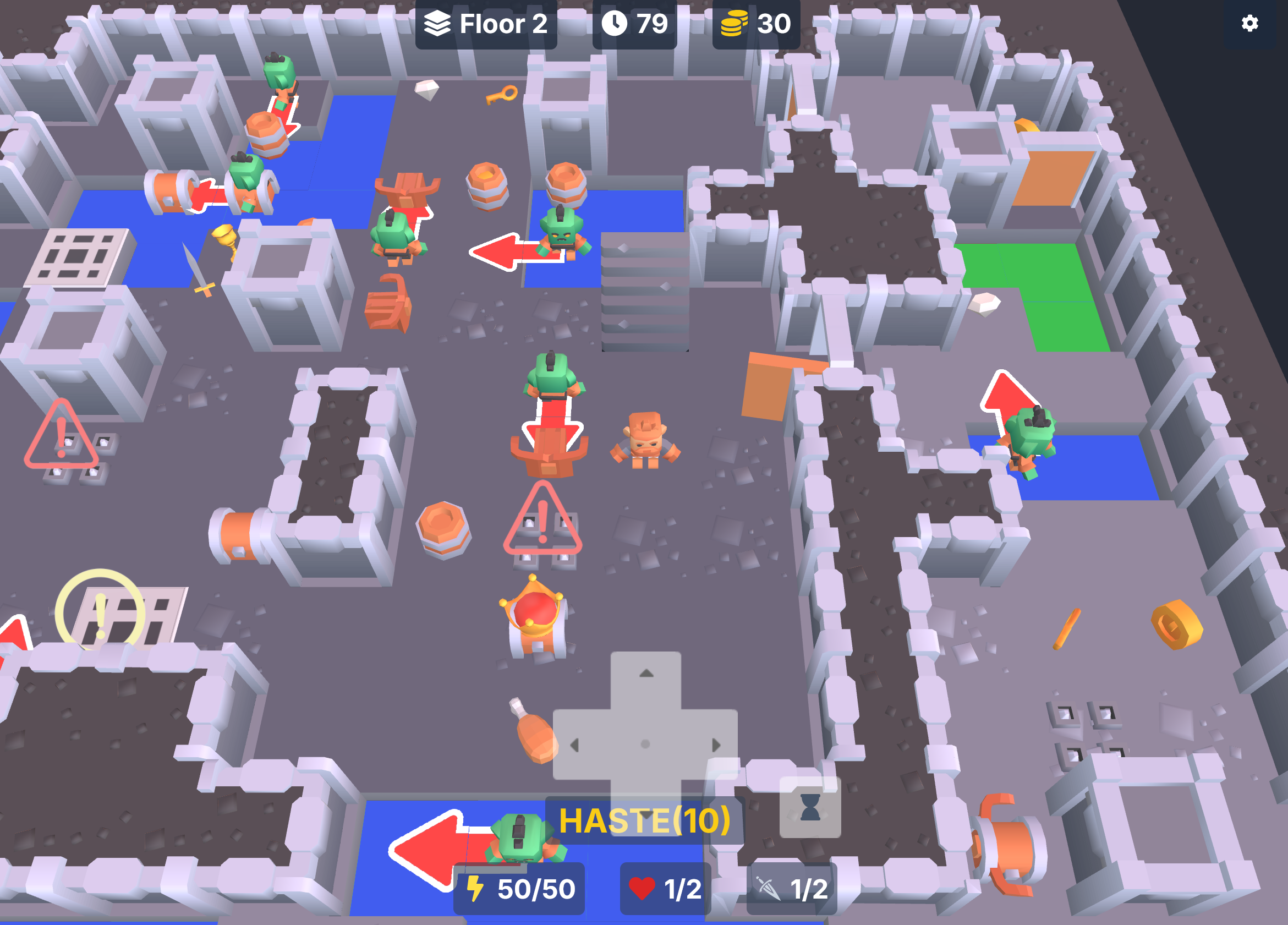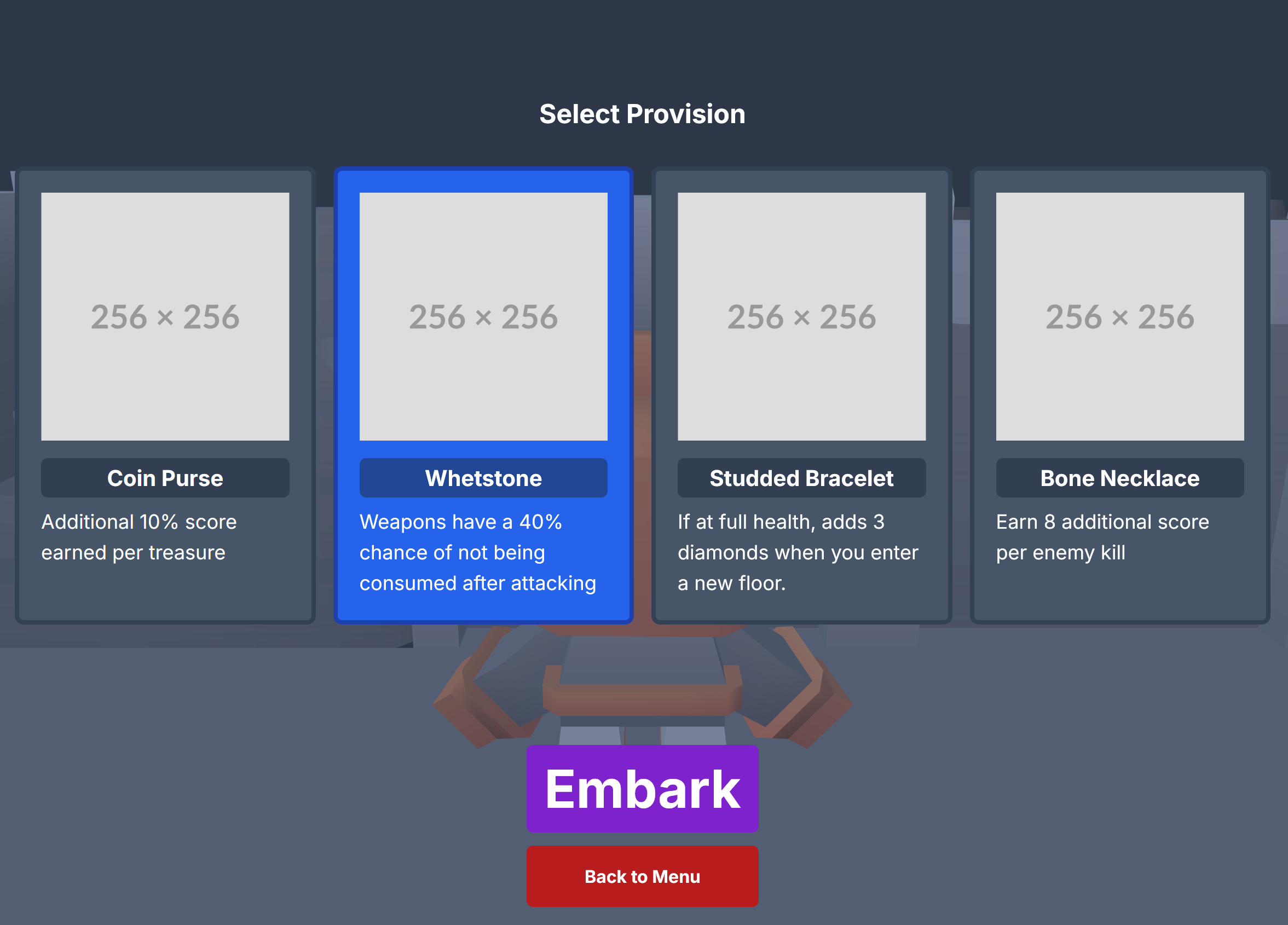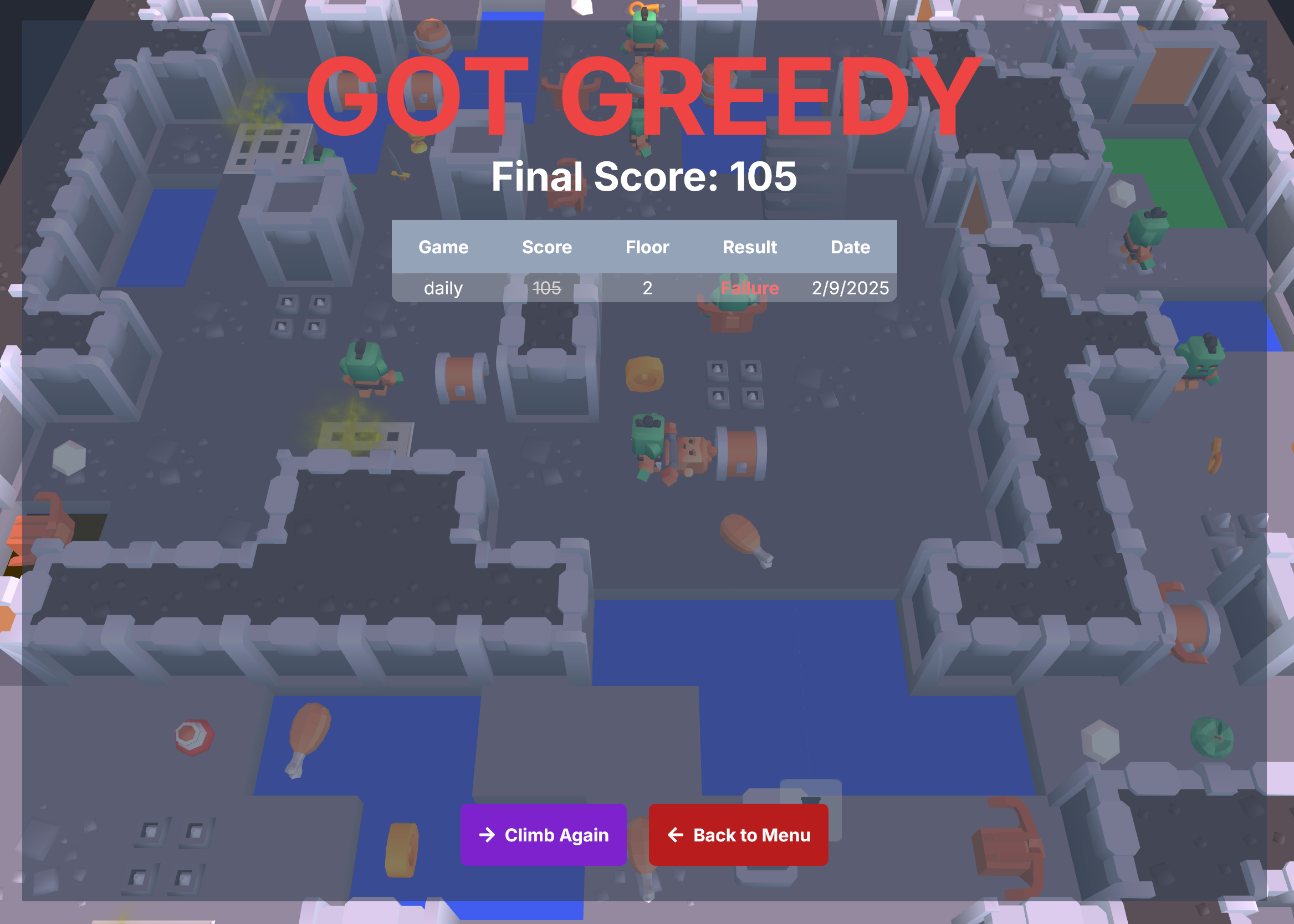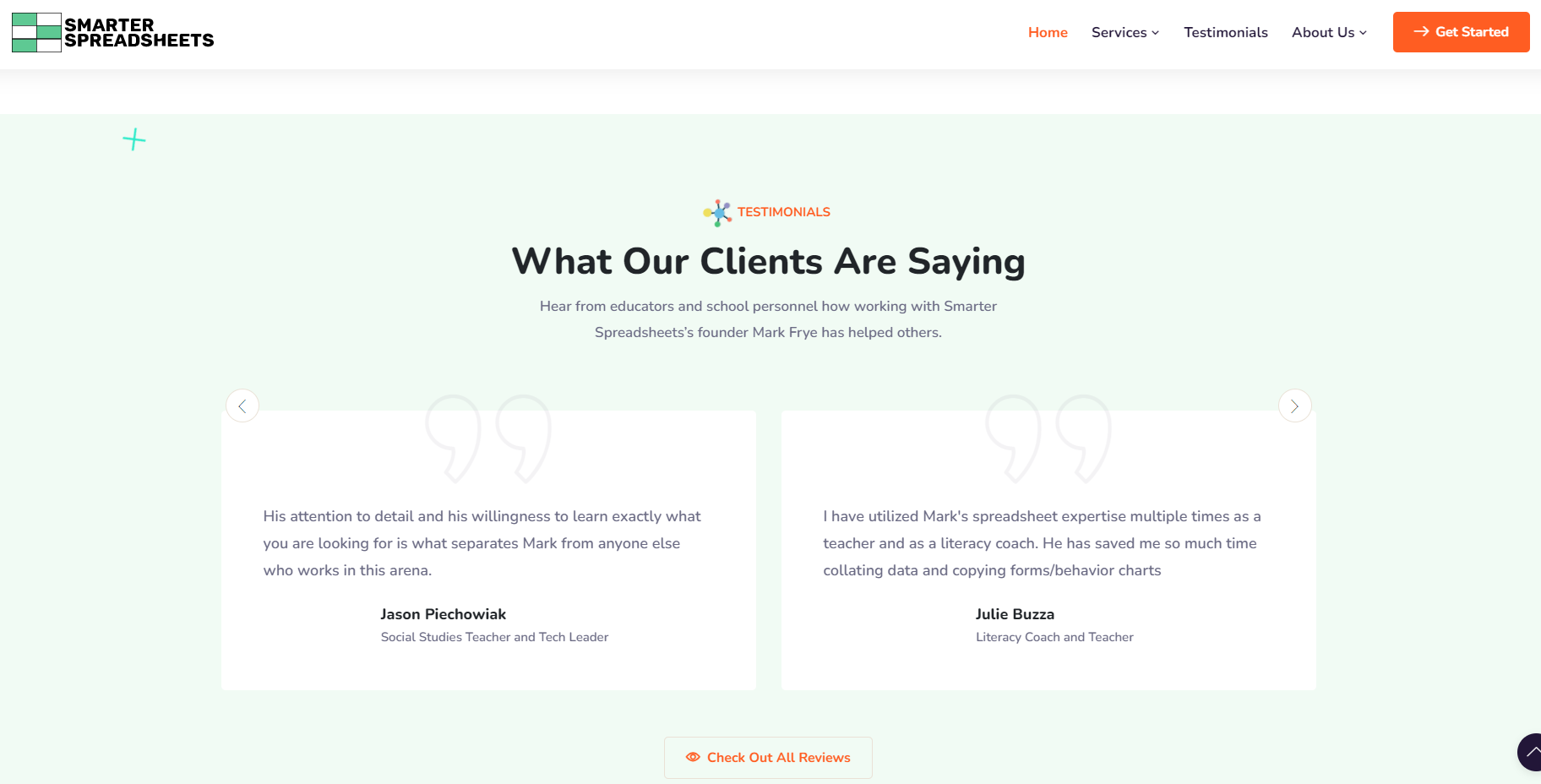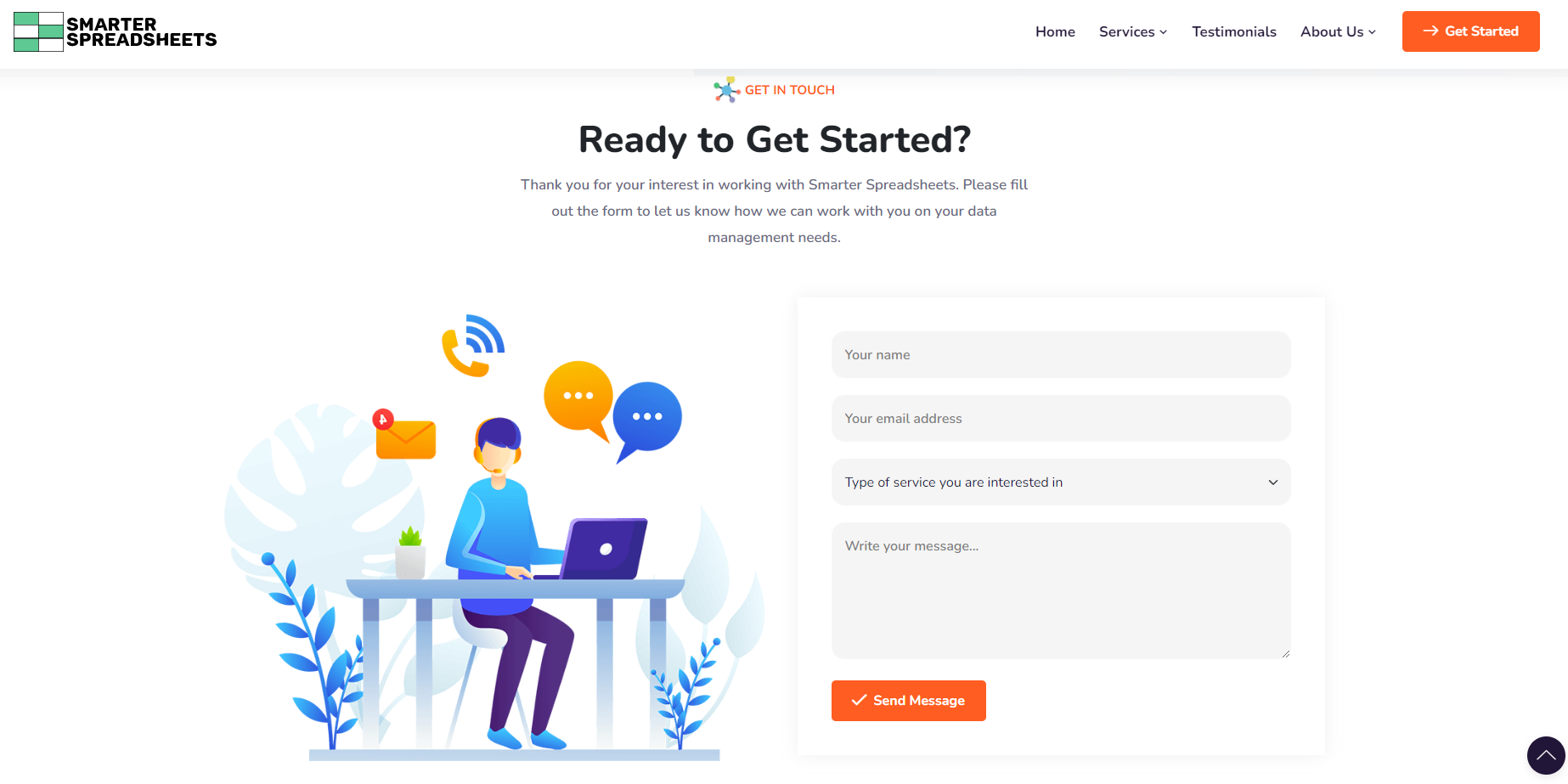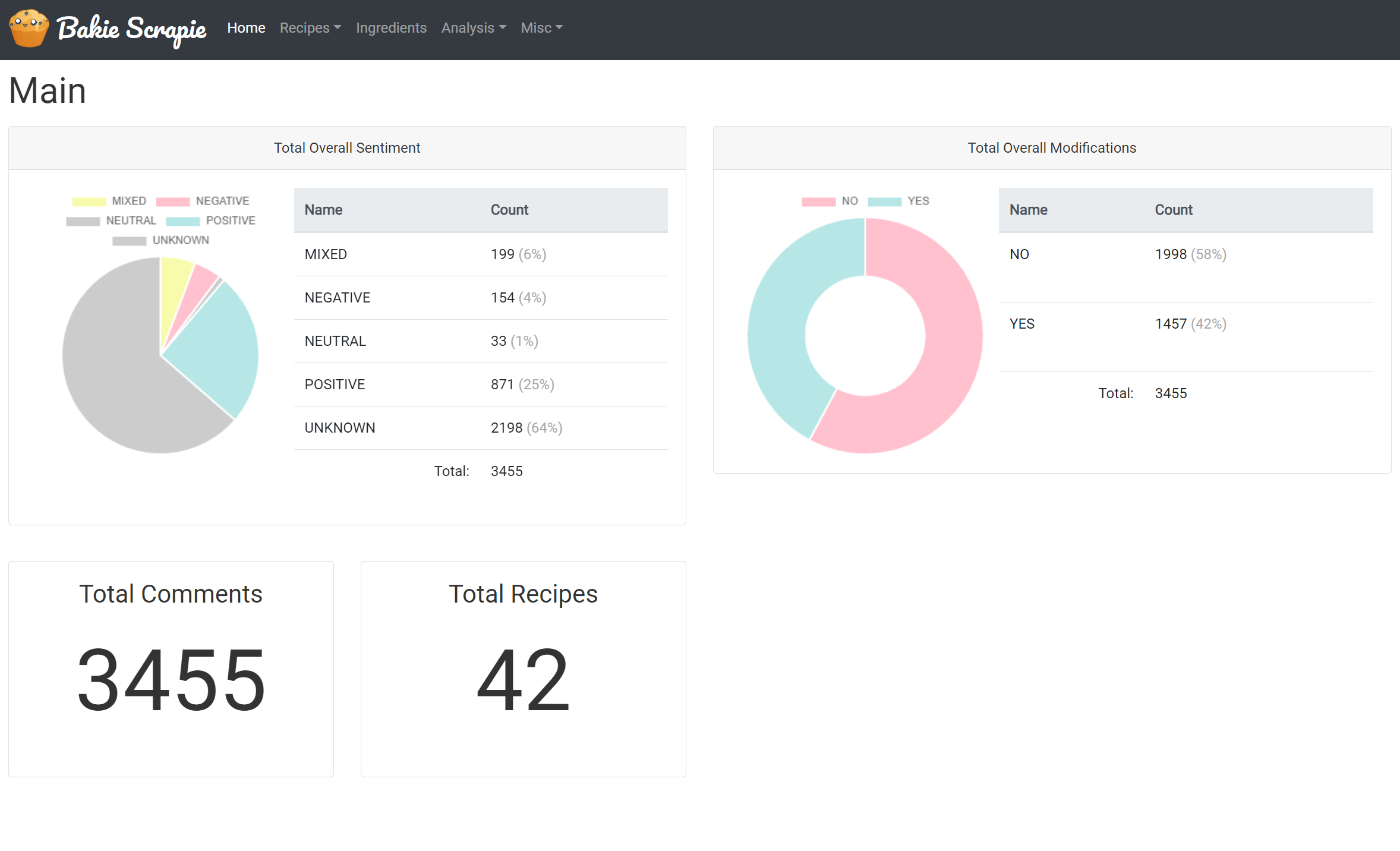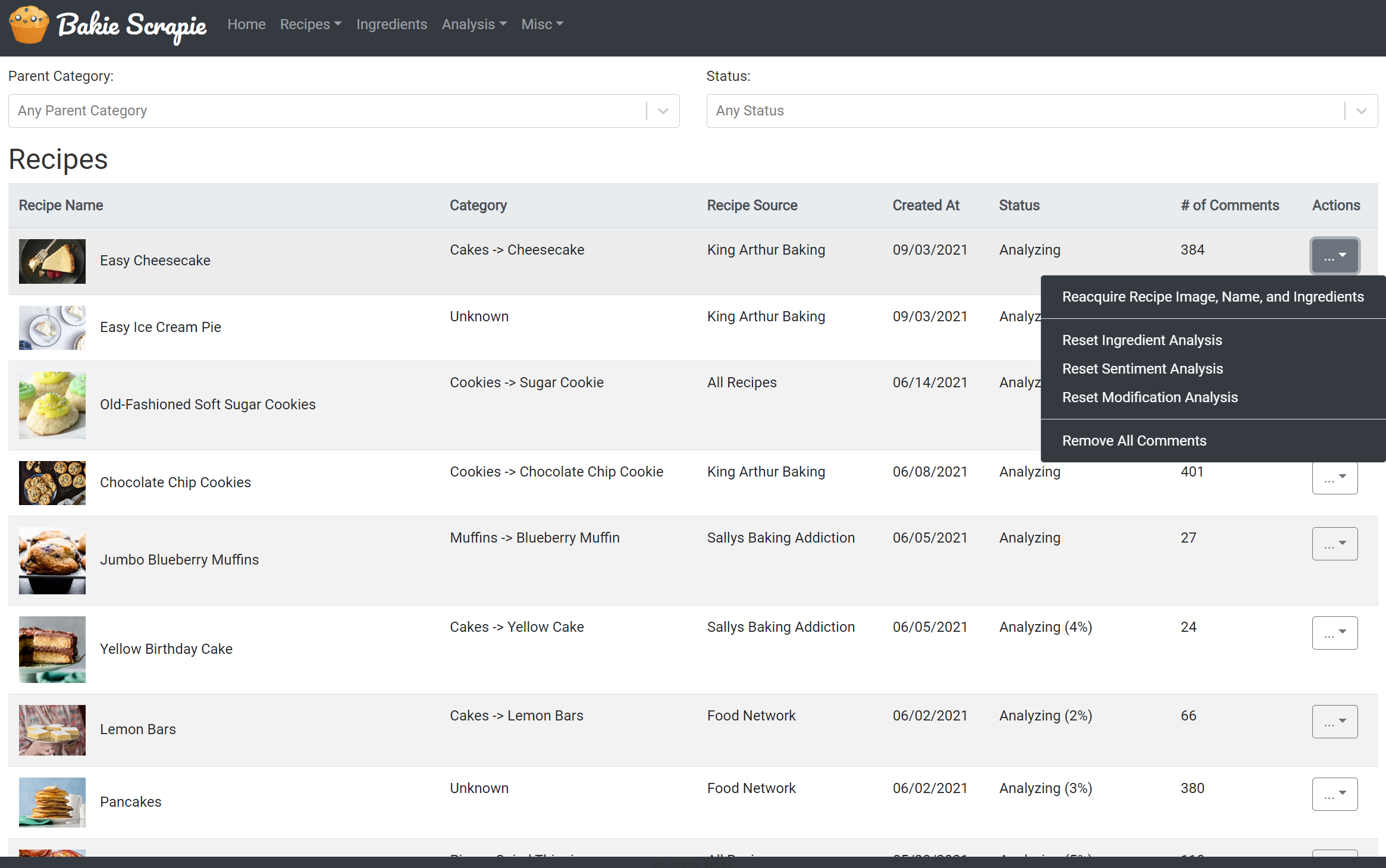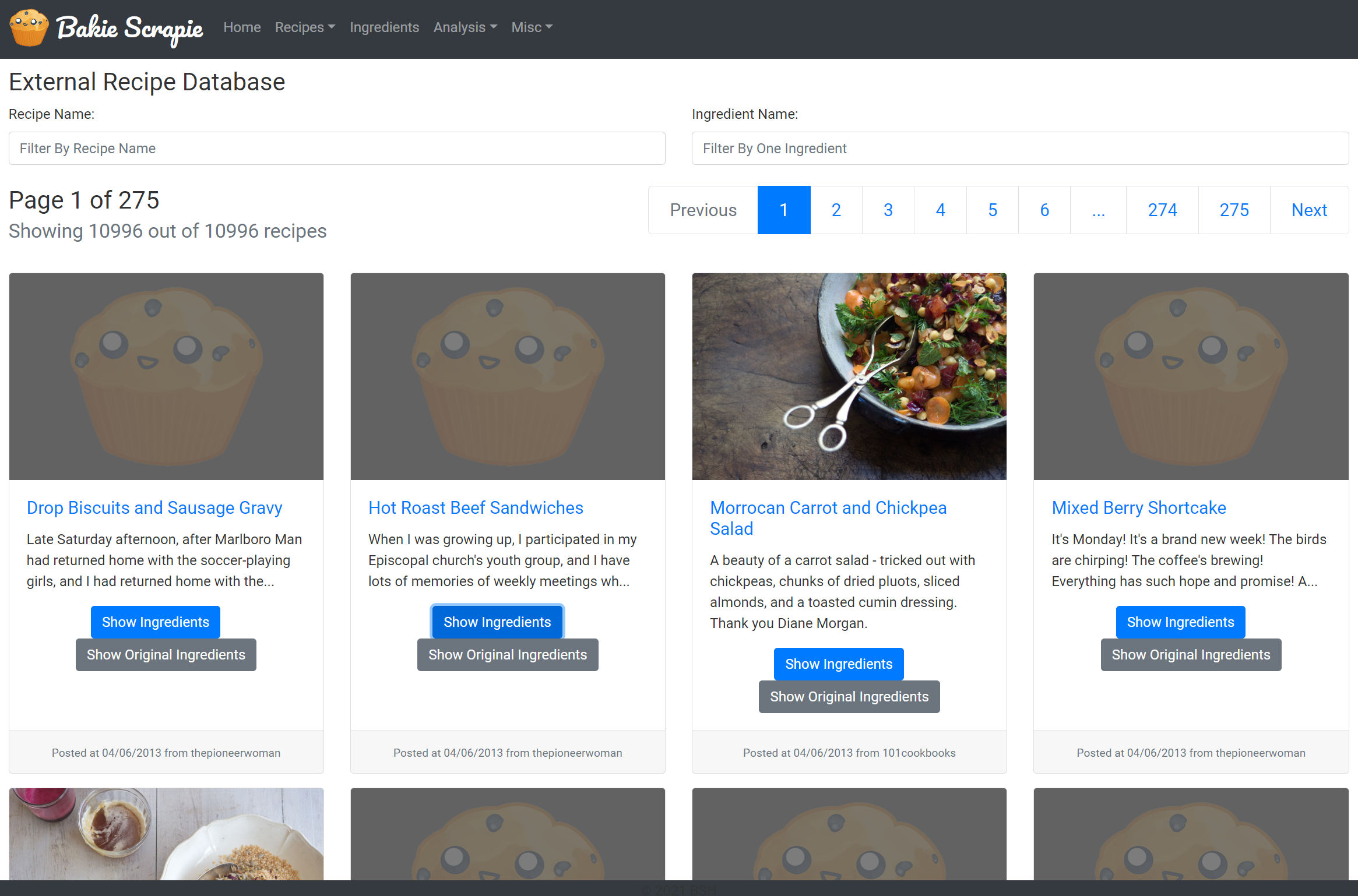Projects
Here is everything that I've done over the past few years for fun, learning, and work
Eeek!
I've neglected this project page for a long time, so I'm slowly updating it display more of the more modern things that I've worked on lately.
So please keep in mind that some of these projects are old. Very old.
Tower of Greed (2023-2024)
Tower of greed objective was to get a better understanding of how to create a 3D game using Three.Js and React.
Tower of greed is a browser-playable procedurally generated dungeon crawler. Collect the treasure on each floor and decide to leave with your gains, or climb higher for more loot. Scores are saved online only after each successful run.
View SiteSmarter Spreadsheets (2022)
Smarter-Spreadsheets' objective was to create a web presence for a former educator who wanted to alleviate the data responsibilities on school staff by providing a resource to help them do more with less. Smarter-Spreadsheets offers consulting for data management, improving efficiencies, and providing data analysis.
The primary goal for this website was to give Smarter-Spreadsheets a web presence that describes all of the services they offer. I made a main webpage that immediately tells visitors what the service the site provides in the hero, then describes each sub-service below, with testimonials, a bit about the company, and a call to action. The sub-pages describe the services available in more detail with examples and videos to show how it works.
Some of the content on the website is powered by Contentful so that I don't have to push a continuous deployment of simple text changes if the company wants a change in rhetoric or an alteration of a service. I find it very convenient and plan on using it for my other sites.
This was my second site using Gatsby, so it was fascinating to start a new project from the bottom up again.
View SiteBakie Scrapie (2021)
Bakie Scrapie's objective was to determine how many people enjoyed a posted recipe on a recipe blog site and what kind of modifications they made to the recipe. The goal was to eventually feed this data into a machine learning dataset so another recipe app could suggest favorable alterations to recipes it detected the user was putting together.
To do this, I first needed to add the ability to add a recipe from any blog and scrape and parse the ingredients and the comments. To parse the ingredients, I tried to find the DOM element that contained the ingredients and passed the information to my ingredient parser that could separate the components of the ingredient, e.g. (amount, units, processing, name)
Once the recipe was added, I created a worker processing queue that would fetch multiple pages of comments from the blog after it identified what type of commenting system they were using (WordPress comments, Disqus, custom, etc.) and then parse the blog comment. This was done to avoid spamming the target blog with many page requests - after all we were scraping data.
After the comment was parsed, I would throw it at several analysis systems to detect if a modification was made ("I added X to the recipe") using lexicon parsing, if any ingredients were mentioned that were NOT in the original subset for the recipe, and also sending the comment to Amazon Comprehend to determine the overall sentiment and attitude of the user's comment.
I also loaded data from a general recipe dataset of 10k recipes to provide relational data to create an adjacent graph of ingredients to a recipe. For example, blueberries and chocolate chips are commonly added ingredients in pancakes.
Bandit Revolvers (2009 - 2011)
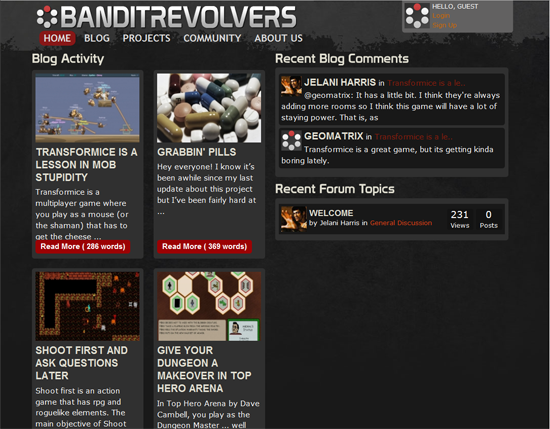
After I had closed down my old group blog website, I began to work on a new site that would host all of the comics and games that my friend and I have been working on. Due to the difficulty of finding a domain name that works, we decided to settle for the name Bandit Revolvers for our company - just because it sounded kinda neat.
I leveraged blogging code I had made for the Apparatus Complex and wrapped that around a new forum that handles all of the authentication and provides additional interaction.
- Fully integrated single-sign on system with a bridge between the blog, the comments, and the forum.
- There is an exposed API that is internally used to keep staff up to date (via nightly emails) about comments, and wiki modifications.
- Exposed the authentication system to use one login for all possible sister sites that could be related to this site.
Apparatus Complex (2003 - 2009)
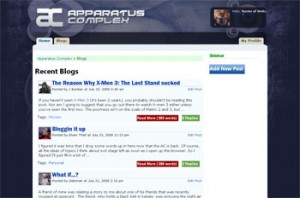
History
The very first iteration of this website was a project page on Geocities. Then I moved it to a group blog format on Tripod, and then to Blogger.com way before it was owned by Google. In an effort to bring more people into the site, I turned it into a public forum around mid 2003. Between 2003 and 2005 we had around 140 registered people on the site.
Then the site was dormant from 2005 to 2008, while I was busy with school and went through a period of being sick of administrating websites. Basically the site was drawing in a crowd of people that I didn’t like, and they were maneuvering the site in a social direction that I didn't desire.
An interesting way to look back on the history is to look at it using the Internet Archive Wayback Machine. It's a little scary to see what life was like for me 5-6 years ago.
In 2009, I decided to bring the site back. The first reason is that I'm older now, and so were the original members of the site so we could provide more interesting conversations. The second reason was that I honestly didn’t want to waste a domain name that I was paying for.
So that time decided to go with a discussion-forum in a blog like format. People really liked the openness of the forums, but they also enjoyed the intimacy of the blog format. I’m had an algorithm to determine which posts are front-page worthy and people were assigned points to provide a bit of competition.
Unfortunately, despite of the work I put into the site it suffered from a low visitor volume and low rant submissions. Of course this was partly due to various social networks becoming the defacto standard and micro blogging services that provided better rewards for shorter posts than longer ones. Instead of putting anymore work into the site I decided to close it down in November 2009, and promptly sold off the domain.
- Used JQuery for front-end commenting and posting.
- Custom made back-end administration and CMS using Php and MySQL with support for multiple authors with various permissions.
- Automatic tag generation using results from Yahoo's Term Extractor API, and OpenCalais
